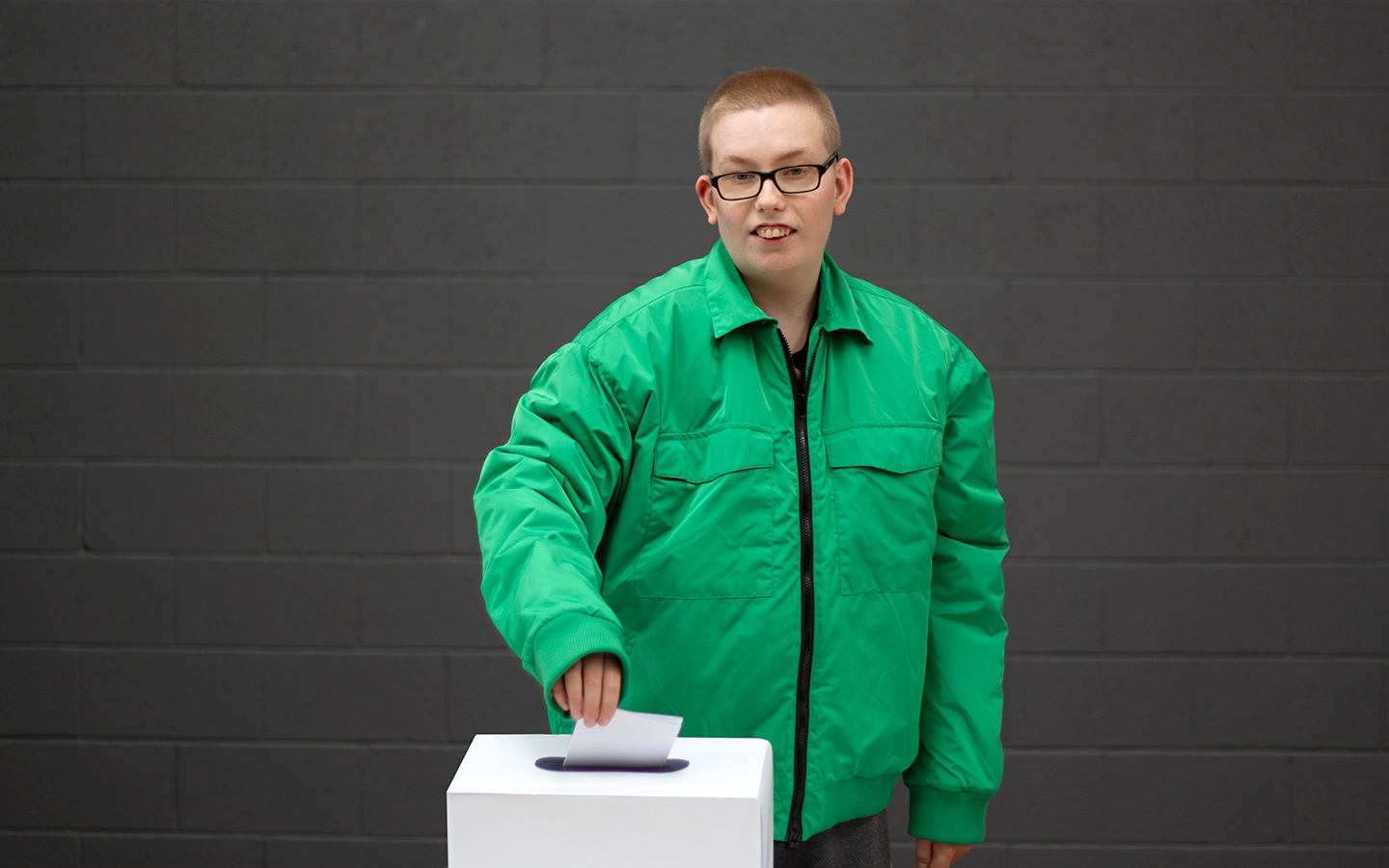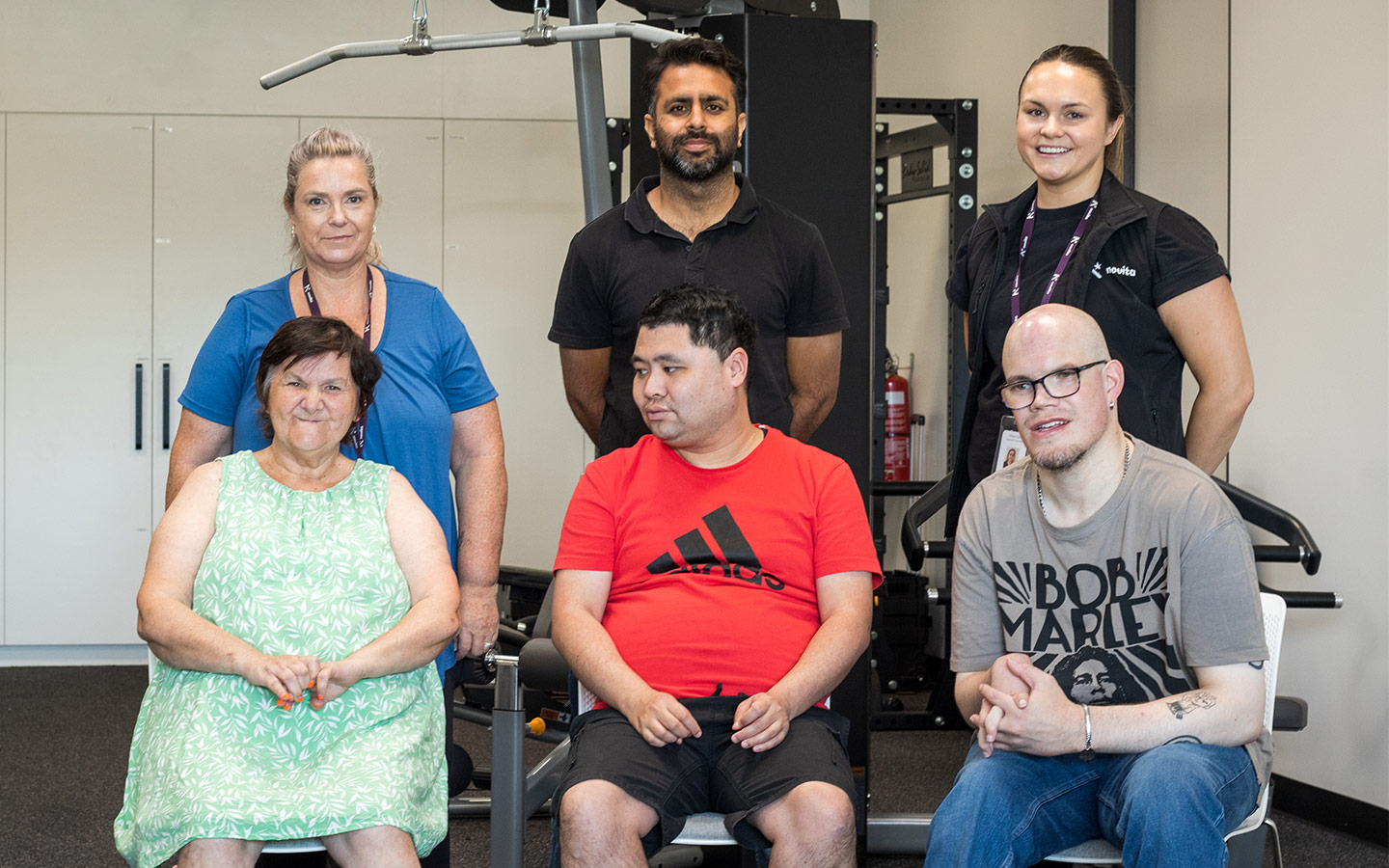Helpful Information
Social workers ready to support clients and families during a time of crisis
access_time10min read

Novita’s team of professional and dedicated social workers is ready to support people living with disability and their families during the COVID-19 crisis.
And with many people feeling stressed and concerned about the impacts of the crisis, our social workers have some great tips on how you and your family can cope during these challenging and uncertain times.
Social workers provide support to individuals and families who might be facing challenges in life, as well as assessing those challenges, empowering their clients to achieve their goals, and supporting them to live safely and in a stable environment during times of hardship and vulnerability.
At Novita, the social workers look at the specific needs of kids, young people and adults living with disability and assess the challenges they might face in accessing the community safely, along with services such as education and health.
Our social workers work closely with colleagues including occupational therapists, speech pathologists, physiotherapists and psychologists to make sure they have the knowledge and support they need to achieve their goals.
Novita social worker Bonnie Hand says now, more than ever, social workers are at the front line of responding to a crisis.
“With all of the government restrictions and recommendations in place as a result of the COVID-19 pandemic, our work has been generally unaffected and we’re here and ready to support our clients and their families,” she says.
“Technology and telehealth have become important tools for us as we look for new and innovative ways to deliver our services. Telehealth is a great way for us to connect with individuals and families and support them when the usual hub appointment may not be appropriate during the crisis.
“We can support people and families to navigate the issues and challenges that may have arisen for them because of the impact of the COVID-19 crisis, such as changed access to education, health services, and the community. We can help break down some of those barriers and explore options.”
Bonnie’s tips for coping through the crisis
Bonnie says it’s very important to recognise the impact of the crisis on everyone’s day-to-day living and their wellbeing and mental health, and that people respond differently to a crisis.
“I think people are understandably feeling stress right now, and might be confused and even frightened,” says Bonnie.
“One of the simple things we can do to take care of ourselves and look after our mental health is to remind ourselves that this situation is temporary. It will change, and don’t get too overwhelmed by what’s going on in the media, and even limit your media intake if you’re finding it distressing.
“Also remind yourself that if you’re self-isolating, or spending much more time at home, you’re actually helping others in the community by reducing the spread of the virus.
“Don’t forget to connect with family and friends. There are so many ways that we have available to us these days that we didn’t previously have – whether it’s jumping online or using FaceTime to have a chat with a friend.
“Another important message for families is to engage in healthy activities, and activities that you enjoy and find relaxing. Try to keep up a really good routine.
“Because you’re at home it’s really easy to let things slip, so try to do things as normally as you would, and that might include something as simple as getting up in the morning, getting dressed, and having breakfast. And also try to maintain your usual physical activities where possible. Get out of the house and go for a walk!”
For more information on how a Social Worker may be able to support you or your family, visit our Social Worker webpage.


